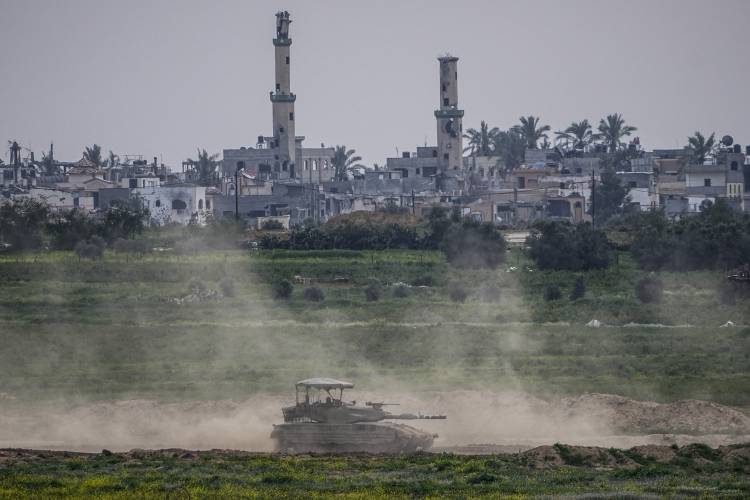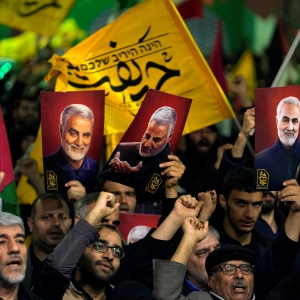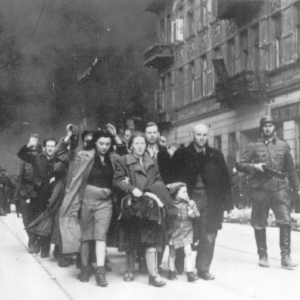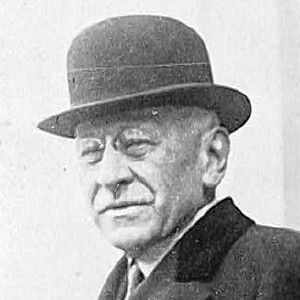Guest columnist Deborah Esther Schifter: Both sides now

Israeli soldiers drive a tank inside the Gaza Strip, as seen from southern Israel, Tuesday, Feb. 13, 2024. The army is battling Palestinian militants across Gaza in the war ignited by Hamas’ Oct. 7 attack into Israel. AP PHOTO/ARIEL SCHALIT
| Published: 03-03-2024 1:48 PM |
In October 1973, a few months after graduating from college in Annapolis, Maryland, I was living on a kibbutz teaching mathematics to a cadre of American teenagers who were spending their sophomore year in Israel.
On Yom Kippur, my holiday celebration was in line with most kibbutzniks — I went to the swimming pool for a couple of hours — and then I dropped by to see my kibbutz mother, Tova, for a game of Scrabble. It was customary for families to informally adopt long-term volunteers to bring them into kibbutz life.
As Tova was filling her kettle to make instant coffee, a loud, jangling rumble interrupted our conversation. Her eyes widened, her knees buckled, and she caught herself on the kitchen counter. Straightening her legs, she declared, “sonic boom.”
But we both knew the sound of a sonic boom, and it wasn’t that. On the road outside Tova’s window, a group of boys were pointing to the sky. “A dog fight!” they announced. Syria was attacking Israel from the north. This was the start of the Yom Kippur War, and we’d soon learn that at the same time, Egypt had attacked from the south. Over the coming months, I spent hours at my toilet, vomiting, unable to absorb what was happening around me.
Two years later, I was studying mathematics at Hebrew University in Jerusalem and befriended Palestinian classmates. I became familiar with aspects of their culture as they generously welcomed me to their celebrations. I also got a glimpse of the hostility they regularly received from dormmates, and I learned how precarious their lives felt, as they were watched so closely by Israeli security agents.
As the child of a Jewish refugee from Vienna whose parents were killed by the Nazis and a non-Jewish German who came of age under Hitler, having one foot in each side of a gaping divide was familiar to me.
I have been back in the United States for many years now, but the Hamas attack on Oct. 7 hit me in my gut. Experiences of war came rushing back: running to the bomb shelter, waking up to the sound of artillery, receiving news of who had been killed. My stomach in a roil, I felt grief for both sides, two peoples caught in a dynamic of mistrust and hostility, unable to find a way out of perpetual violence.
Article continues after...
Yesterday's Most Read Articles
In the ensuing days, I watched in dismay, but not only about news from the Middle East. Those around me in the United States took one side or the other, convinced of their moral high ground, not accepting that both sides have righteous grievances, both sides have suffered, and both sides have perpetrated atrocities.
Feeling isolated and off balance, I couldn’t attend demonstrations in support of Israel, especially after its incursion into Gaza began, if they didn’t also express sorrow and rage for the many Palestinians who were being killed and displaced. I couldn’t participate in pro-Palestinian protests if they didn’t acknowledge the horror of Hamas’ attack, fear for Israeli hostages, and the disastrous consequences if Hamas were to reorganize and attack again. My heart ached at the news of increasing antisemitism and Islamophobia in our own country.
From my experience of war and terrorist activity 50 years ago, I learned that when a person is under attack, the heart shrinks. Under such circumstances, you focus on saving your children, your family, your people. For many human beings, it’s nearly impossible to open the heart to those associated with the attackers. It’s up to those of us who aren’t under physical threat to discipline ourselves, to keep our hearts open, to hear the anguish, to listen to their pleas, to acknowledge the injustices suffered by Jews and Palestinians alike.
It’s therefore remarkable that there are Israeli Jews and Palestinians who, during this most difficult moment, are able to carry the complexity of grief for both sides. They hold the deep understanding that both peoples belong to the same land, and they demonstrate that it’s possible to exist together as they grieve together. If they are able to do so during these terrible times, then they will be able to envision a future of a shared homeland that is equal and free for all.
These Jews and Palestinians working together are not in the majority, but they’re more than a handful. They’re organizing and demonstrating and working to protect their neighbors. We who reside outside of the Middle East, rather than argue about which side is in the right, must support those living in the heat of the fire who are able to keep their hearts open.
Let us help them build a movement that cultivates new leadership for both sides and provides the only possible alternative to perpetual violence: peace.
Deborah Schifter of Northampton is an author and an educator currently writing a memoir about being the daughter of a German mother and a Jewish father who survived the Holocaust.

 Guest columnist Rudy Perkins: Dangerous resolution pins ‘aggression’ on Iran
Guest columnist Rudy Perkins: Dangerous resolution pins ‘aggression’ on Iran Richard S. Bogartz: What the ghosts of Warsaw Ghetto know
Richard S. Bogartz: What the ghosts of Warsaw Ghetto know Guest columnist Dr. David Gottsegen: Age issue not so key as question of marbles
Guest columnist Dr. David Gottsegen: Age issue not so key as question of marbles Guest columnist Martha Hanner: Spirit of philanthropy can uplift so many others
Guest columnist Martha Hanner: Spirit of philanthropy can uplift so many others